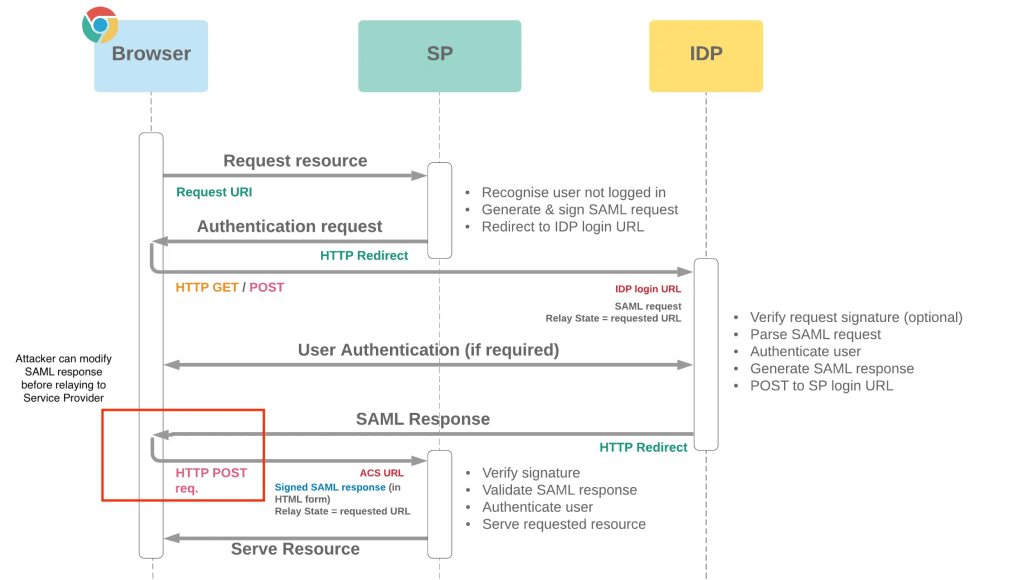Researchers released Proof-of-concept exploit code for remote code execution flaw CVE-2022-47966 impacting multiple Zoho ManageEngine products.
The CVE-2022-47966 flaw is an unauthenticated remote code execution vulnerability that impacts multiple Zoho products with SAML SSO enabled in the ManageEngine setup. The issue also impacts products that had the feature enabled in the past.
The root cause of the problem is that ManageEngine products use an outdated third-party dependency, Apache Santuario.
“This vulnerability allows an unauthenticated adversary to execute arbitrary code when the above SAML SSO criteria is met.” reads the advisory.
Researchers from Horizon3 Attack Team announced last week the development of a PoC exploit code that they plan to release soon along with technical details of the flaw.
“We have successfully reproduced this exploit and would like to provide additional insight into the vulnerability so users can begin to determine if they have been compromised.” reads a post published by the experts. “In this post we discuss logs entries present in:
- ManageEngine ServiceDesk Plus 14003
- ManageEngine Endpoint Central 10.1.2228.10″
The researchers also provided Indicators of Compromise (IOCs) that can be used to determine vulnerable products. An attacker can exploit this vulnerability using a crafted SAML request with an invalid signature.
“The vulnerability is easy to exploit and a good candidate for attackers to “spray and pray” across the Internet. This vulnerability allows for remote code execution as NT AUTHORITY\SYSTEM, essentially giving an attacker complete control over the system.” continues the post.
The experts explained that threat actors with elevated privileges could trigger the flaw to steal credentials and use them to conduct lateral movement.
Horizon3 researchers have now released a proof-of-concept (PoC) exploit for the CVE-2022-47966 along with technical analysis. The experts developed the PoC exploit by examining the differences between ServiceDesk Plus version 14003 and version 14004.
“The vulnerability allows an attacker to gain remote code execution by issuing a HTTP POST request containing a malicious SAML response. This vulnerability is a result of using an outdated version of Apache Santuario for XML signature validation.” reads the analysis. “One of the critical pieces is understanding that the information flow uses the client’s browser to relay all information between the Service Provider (SP) and the Identity Provider (IDP). In this attack, we send a request containing malicious SAML XML directly to the service provider’s Assertion Consumer (ACS) URL.”
The researchers tested their PoC exploit against Endpoint Central, however, they believe it can work on many of the ManageEngine products that share some of their codebase with ServiceDesk Plus or EndpointCentral.
“In summary, when Apache Santuario is <= v1.4.1, the vulnerability is trivially exploitable and made possible via several conditions:
- Reference validation is performed before signature validation, allowing for the execution of malicious XSLT transforms.
- Execution of XSLT transforms allows an attacker to execute arbitrary Java code.” concludes the report.
The good news is that at the time of the report, researchers are not aware of attacks exploiting this vulnerability, however, researchers warn that threat actors can start attempting to exploit it soon.
Follow me on Twitter: @securityaffairs and Facebook and Mastodon
| [adrotate banner=”9″] | [adrotate banner=”12″] |
(SecurityAffairs – hacking, Zoho ManageEngine)
[adrotate banner=”5″]
[adrotate banner=”13″]
The post Experts released PoC exploit for critical Zoho ManageEngine RCE flaw appeared first on Security Affairs.


